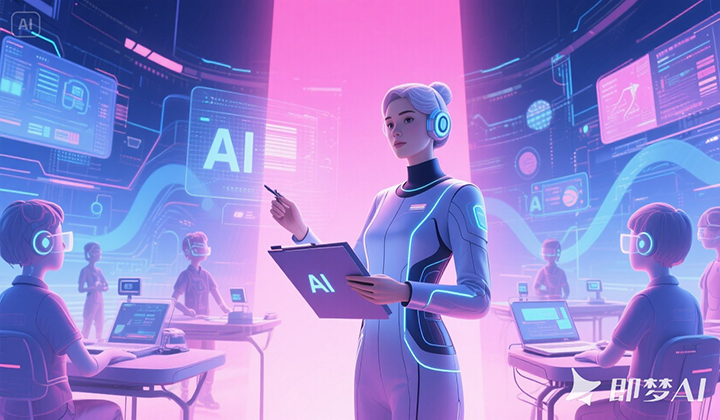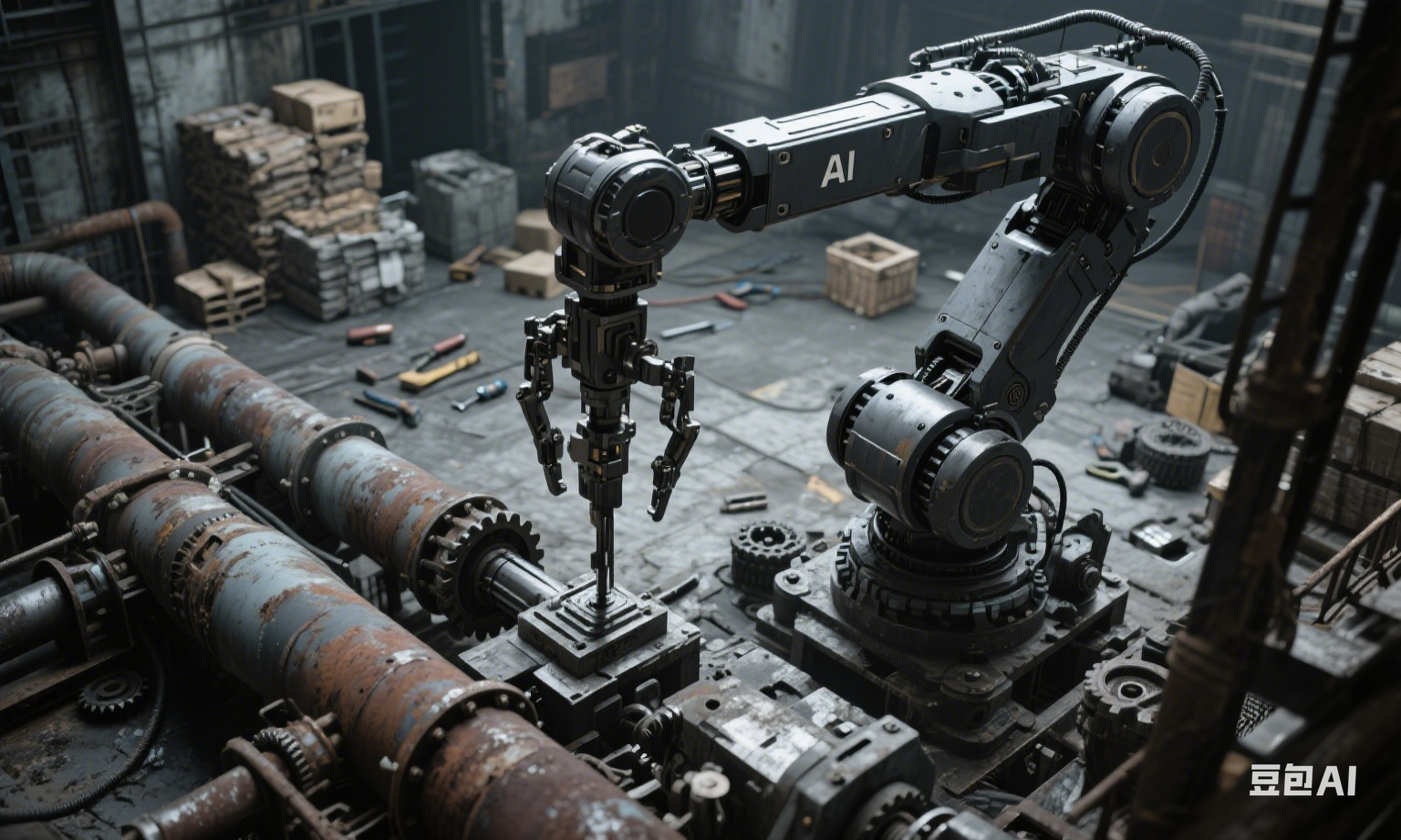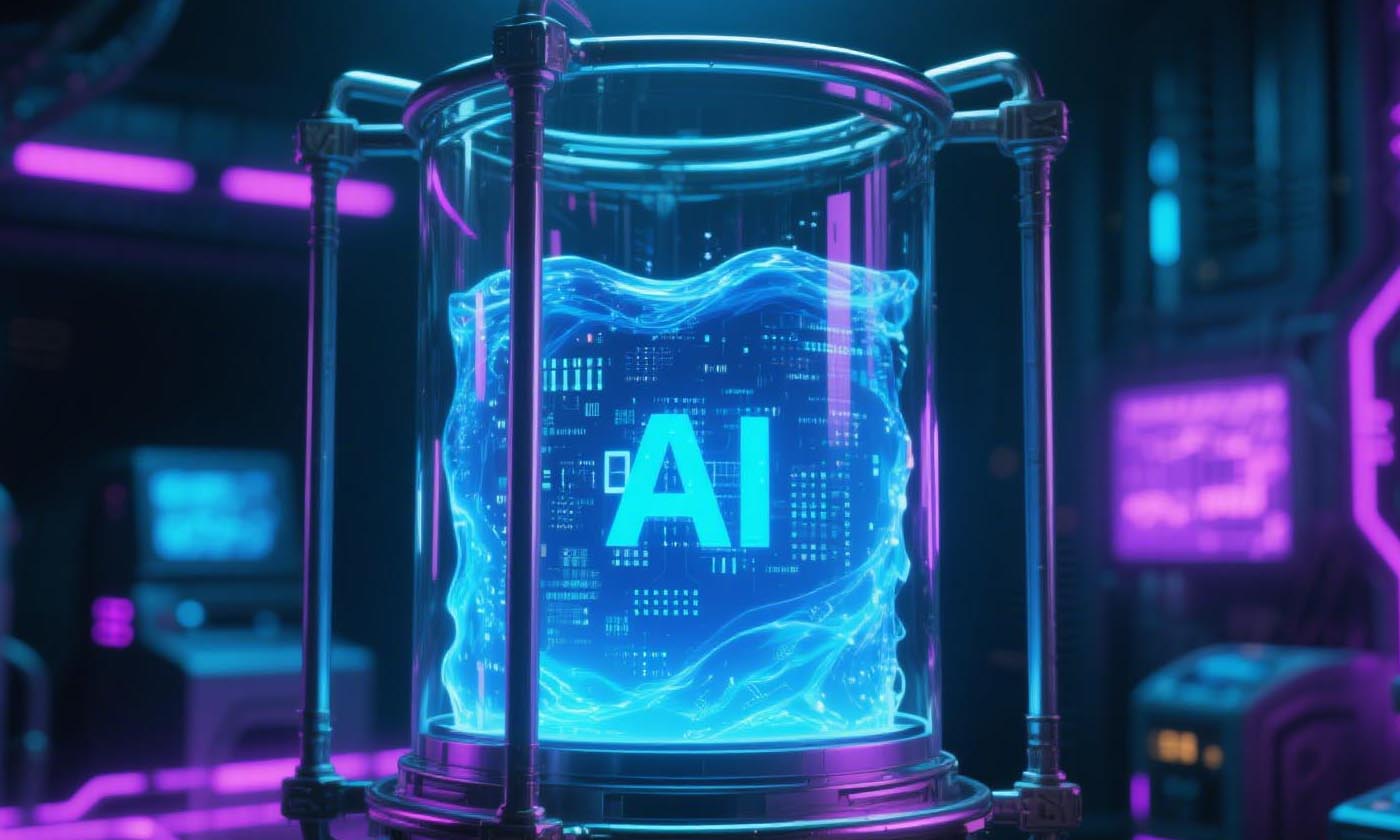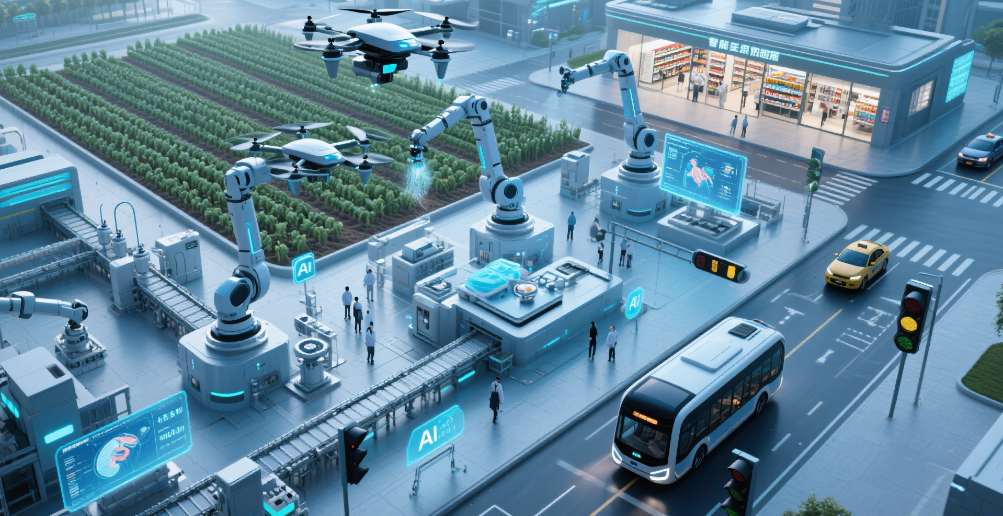When Hardware Gets an "Intelligent Soul": How Ptalk AI Unlocks the "Device-as-a-Service" Business Paradigm
王哪跑 2025-05-28
In the era of explosive IoT growth (2025), hardware intelligence is undergoing a fundamental shift—intelligent agents are no longer mere add-ons but the core "souls" endowing devices with autonomous service capabilities.
In the era of explosive IoT growth (2025), hardware intelligence is undergoing a fundamental shift—intelligent agents are no longer mere add-ons but the core "souls" endowing devices with autonomous service capabilities. As Aoyun Cloud Innovation’s disruptive product, Ptalk AI transforms traditional walkie-talkies, children’s toys, and guide devices into "understanding, proactive, and evolvable" smart service terminals through its innovative framework of "modular intelligent embedding + scenario-based service orchestration + ecosystem capability sharing," redefining hardware value in culture-tourism, education, and healthcare.
As the "device-as-a-service" trend accelerates, Ptalk AI’s open ecosystem empowers millions of hardware devices to become intelligent nodes connecting user needs and services. This isn’t just a technological upgrade but a fundamental business reimagining—when every device can understand, respond, and evolve, we enter a new era of "hardware as intelligent agents."
1. From Functional Hardware to Intelligent Agents: A Technological Paradigm Shift
Ptalk AI breaks through traditional hardware limitations, building a "perceive-decide-act" tripartite architecture for intelligent agents:1. Millimeter-Level Intelligent Interaction Core
- Ultra-Compact Smart Module: The 25mm×45mm fifth-gen voice interaction module integrates dynamic noise cancellation and beamforming, achieving 92% wake-up accuracy in 75dB subway environments and ≤1.8-second response in weak-network conditions. It supports 50+ offline commands (e.g., device control), ensuring basic services even without connectivity.
- Adaptive Learning Engine: Through edge computing-cloud collaboration, devices autonomously learn user habits (e.g., seniors’ medication schedules, children’s story preferences), improving service accuracy by 40% within 30 days for personalized interactions.
2. Industry-Specific Knowledge Graphs
- Vertical Domain Knowledge Bases: NLP-powered large models enable rapid customization:
- Culture-Tourism Retail: In a Forbidden City cultural store pilot, Ptalk AI’s smart shopping guide terminal integrated 800+ artifact stories and visitor profiles, boosting conversion rates by 55% through voice interactions like "The craftsmanship behind this artifact."
- Silver Economy: A senior care health management agent for nursing homes integrated 200+ chronic care protocols and emergency response, reducing manual patrols by 70% via real-time vital sign monitoring.
3. Seamless Hardware Adaptation
- Universal Plug Technology: Compatible with 98% of traditional hardware interfaces (UART/I2C/USB), it enables toy manufacturers to upgrade "button toys" to "conversational learning companions" in 2 weeks, cutting costs by 60%. An early education brand saw a 30% price increase and 3.2x monthly usage growth post-upgrade.
2. Reconstructing Industry Value Chains: Scenario-Driven Agent Practices
Ptalk AI transforms hardware from "function carriers" to "service portals," catalyzing new business models:1. Culture-Tourism: From Standardized Services to Personalized Storytelling
In the Zhangjiajie Smart Scenic Area project, Ptalk AI’s smart guide achieved three breakthroughs:- Contextual Content Generation: Real-time weather (e.g., post-rain cloud sea) and dwell time (over 15 minutes triggers deep dives) dynamically generate "moment-specific" narratives, enhancing cultural understanding by 65%.
- Cross-Device Service Orchestration: Guides sync with shuttle buses and AR glasses—voice commands like "Next attraction" trigger vehicle dispatch and route planning, cutting waiting time to 3 minutes.
- Emotion-Driven Interaction: Voiceprint recognition tailors modes (e.g., "adventure puzzles" for kids, "historical analysis" for adults), achieving 40% family visitor repurchase rates.
2. Educational Hardware: From Unidirectional Output to Competency Co-Building
For K12 smart learning machines, Ptalk AI creates a "learning companion ecosystem":- Dynamic Competency Mapping: Real-time voice assessments pinpoint knowledge gaps (e.g., "past perfect tense" weaknesses in English), delivering customized micro-lessons (30% shorter average duration).
- Cross-Platform Data Loop: Learning machines sync with parent apps to generate "learning growth reports," enabling parents to query progress via voice (e.g., "What did my child learn today?"), boosting renewal rates to 85%.
- Social Learning Network: Multi-player voice battles (e.g., spelling contests) transform hardware into social learning hubs, increasing daily active learning time by 1.5 hours in pilot schools.
3. Enterprise Services: From Product Delivery to Value Co-Creation
In commercial hardware intelligence, Ptalk AI pioneers "device-as-a-service":- Branded Service Vessels: A tech firm embedded product whitepapers as voice knowledge in smart conference terminals, increasing perceived professionalism by 60% via queries like "Chip thermal management solutions."
- Service-Embedded Devices: A financial institution’s smart wealth terminal supports voice-based product comparisons, market updates, and risk assessments, upgrading devices from "one-time hardware" to "365-day wealth advisors," with 30x monthly usage and 4x conversion rates.
3. Building the Intelligent Agent Economy: From Technology Output to Value Co-Creation
Facing the multi-billion-dollar hardware intelligence market, Ptalk AI is fostering a co-evolving ecosystem of developers, enterprises, and users:1. Low-Code Development Platform
- Agent Studio 3.0: A visual drag-and-drop interface lets non-technical users create industry agents (dialogue flows, knowledge graphs, device links) in 4 hours. A museum launched a "cultural relics explanation agent" covering 300+ collections in 72 hours, cutting development costs by 85%.
2. Multi-Agent Collaboration Network
- Scenario-Based Service Chaining: In a smart community pilot, resident wristbands (health monitoring agents), elevators (dispatch agents), and property terminals (response agents) formed a closed loop: abnormal heart rate detection triggered elevator dispatch and property alerts, cutting emergency response time to 12 seconds (70% efficiency gain).
3. Trusted Agent Ecosystem
- Data Privacy Protection: Federated learning ensures 100% local processing of user data, particularly sensitive health information in healthcare scenarios.
- Service Quality Assurance: An agent output compliance engine guarantees 99.2% accuracy in culture-tourism narratives and 98% completeness in financial risk disclosures, ensuring commercial reliability.
Rediscovering Hardware Value in the Agent Era
By endowing hardware with "intelligent souls," Ptalk AI shifts device value from "feature specs" to "service capabilities"—tourism devices become cultural storytellers, educational hardware evolves into learning partners, and commercial devices transform into conversational advisors. At its core, this revolution reshapes human-device relationships from "human adapting to devices" to "devices serving humans."As the "device-as-a-service" trend accelerates, Ptalk AI’s open ecosystem empowers millions of hardware devices to become intelligent nodes connecting user needs and services. This isn’t just a technological upgrade but a fundamental business reimagining—when every device can understand, respond, and evolve, we enter a new era of "hardware as intelligent agents."












